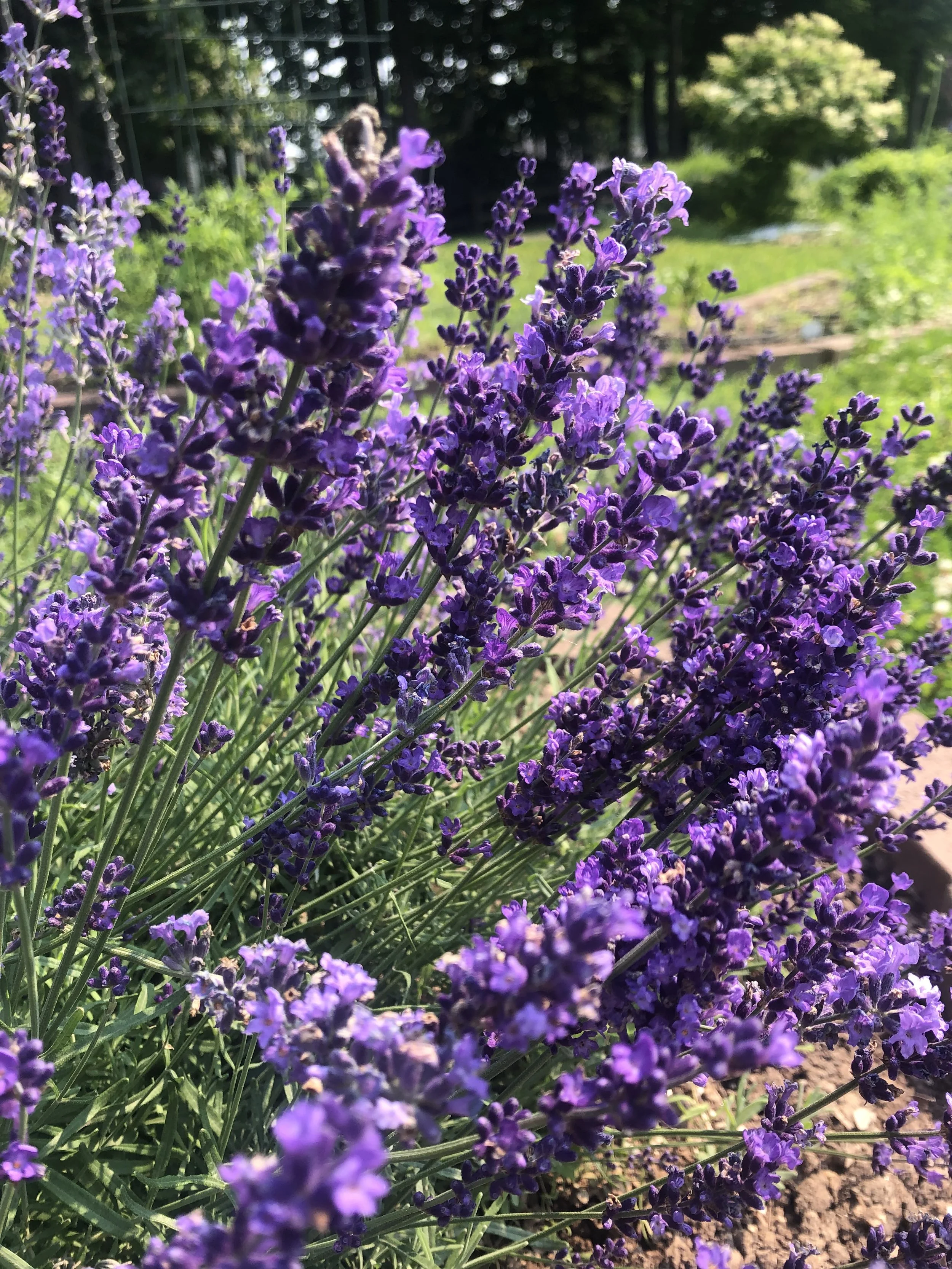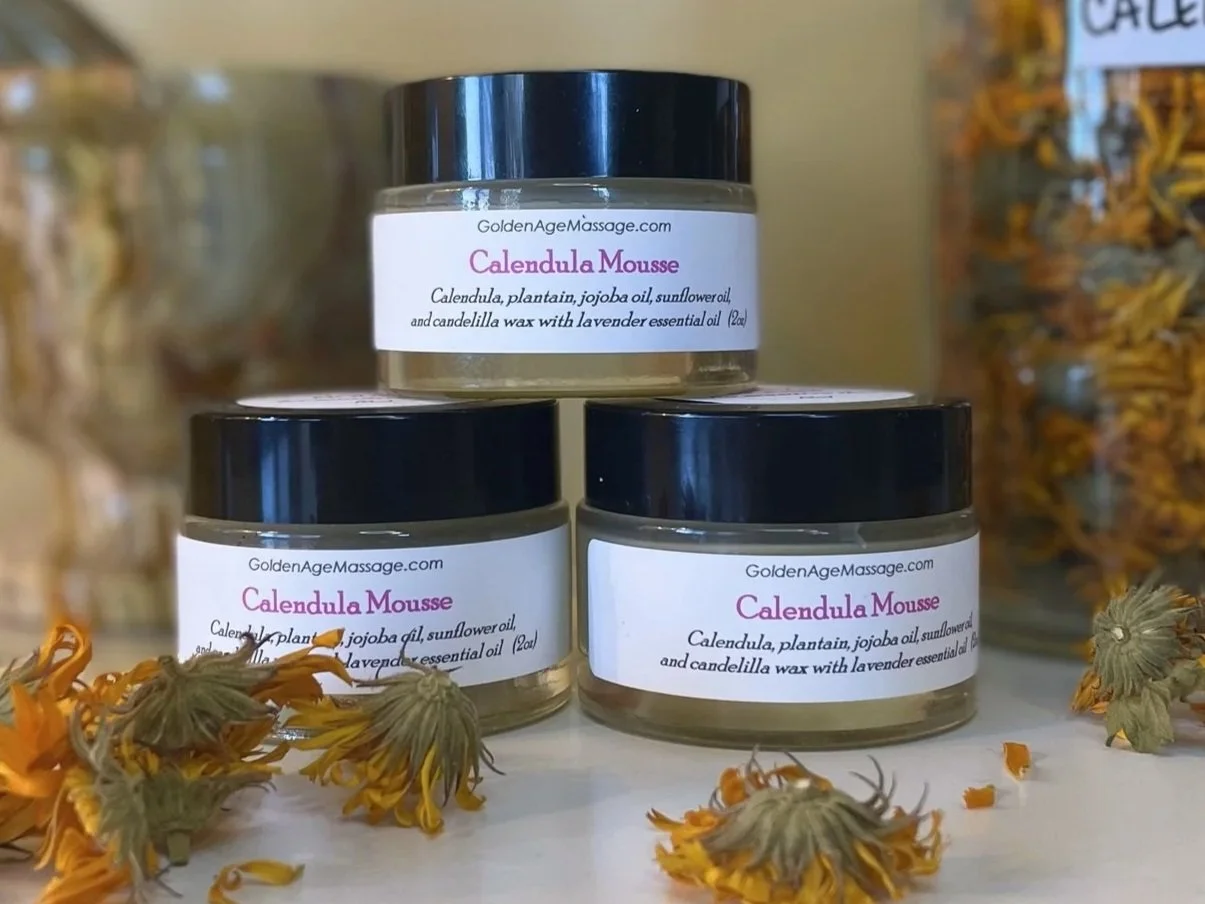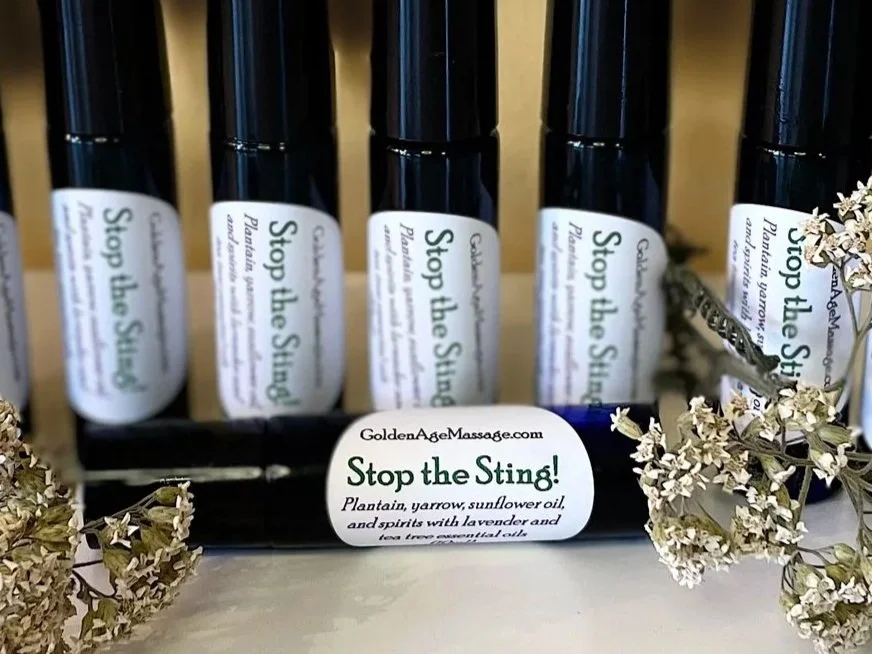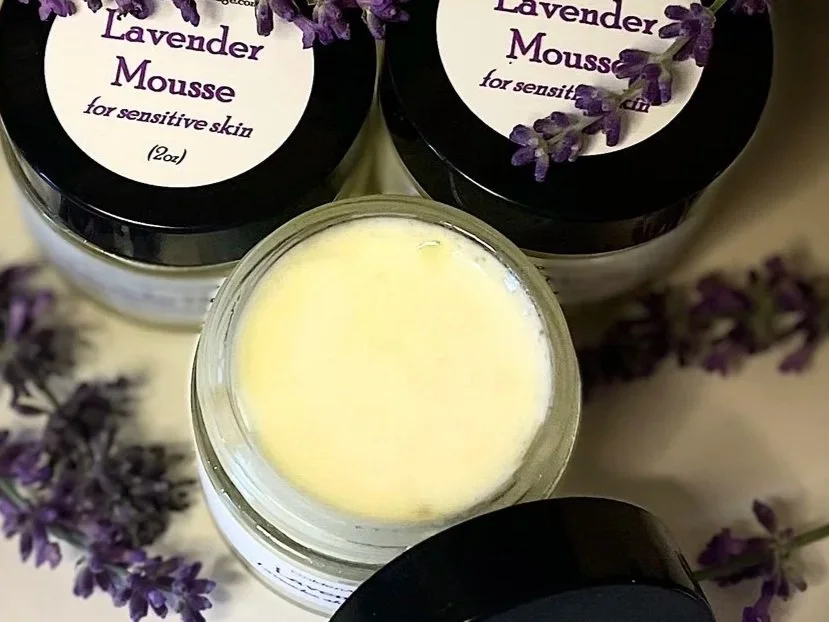Chronic skin conditions? Look to the universal healing herb
/It is known as the universal healer. With lovely flowers and heavenly scent, lavender has relaxing properties, but is primarily a skin herb.
Lavender calms skin irritations because of its anti-inflammatory properties. Applied to itchy, rashy skin, lavender relieves the itch and redness.
The antimicrobial qualities of lavender essential oil make it an excellent addition to topicals aimed at healing broken skin. Lavender heals cuts and wounds faster than other antimicrobials because it encourages the growth of new skin cells.
In addition to being an antimicrobial, lavender is an analgesic. It relieves the pain of cuts, stings, and burns. Lavender essential oil is the only essential oil that can be applied directly to the skin without dilution, and is safe enough for babies. For safety reasons, follow a .25% dilution for babies 0 to 2 years of age.
Most importantly, a lavender-infused jojoba oil is the best thing for chronic skin conditions such as psoriasis or eczema. Lavender soothes the skin and jojoba oil is so similar to our own skin’s molecular structure that it is readily absorbed and doesn’t cause a reaction.
There is a reason for all the hype around lavender. Every medicine cabinet should have the essential oil for first aid purposes. If you have access to the plant, collect the flowers just as they are about to bloom and infuse them in a good skin oil, such as jojoba or olive, for 2 weeks before straining. Your skin will thank you.
See my previous article for directions on infusing a herbal oil.












